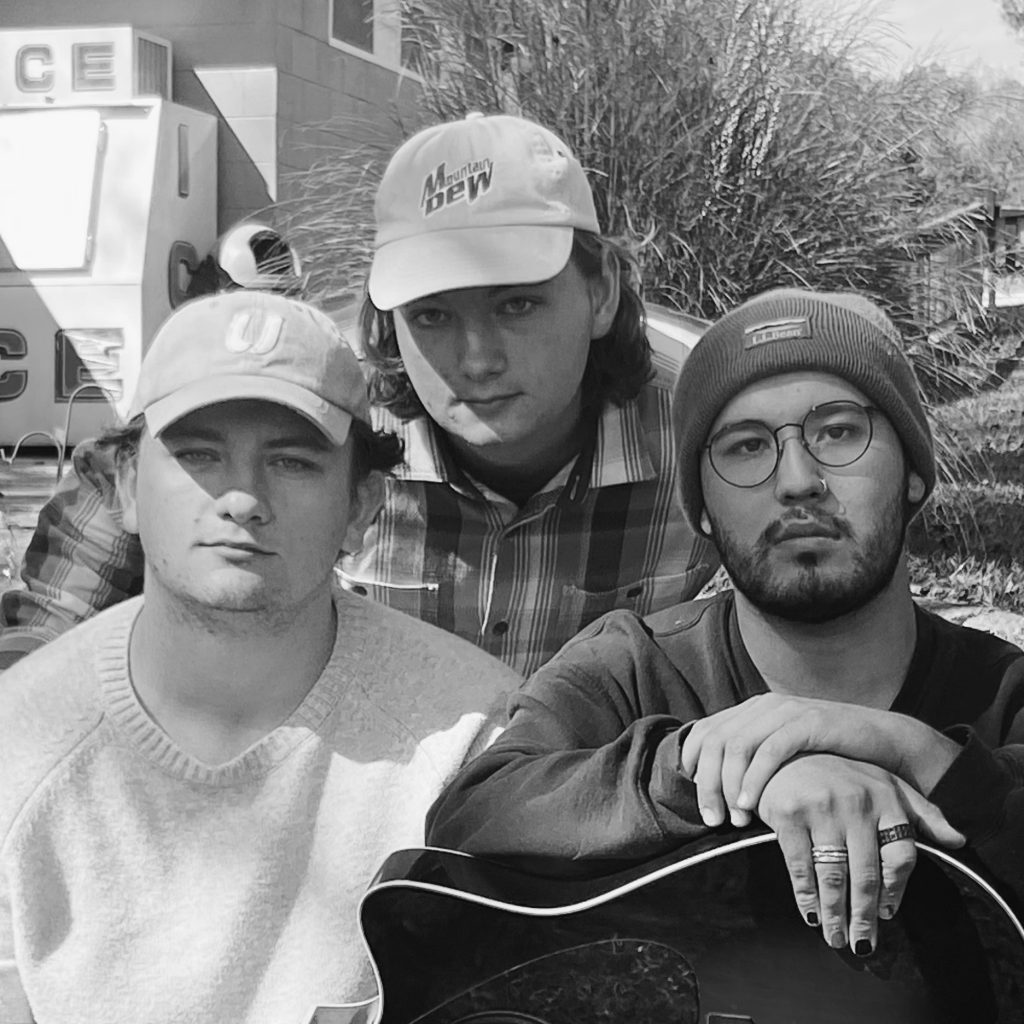
“Bob Marley: One Love” was shown at the Regal Columbus.
Jennifer Mejia|Marlin Chronicle
The nostalgic smell of popcorn permeates the air as soon as patrons walk in. It’s coupled with the printing of tickets and the shrill voices of children playing arcade games. While it may be enticing to stream movies at home, movie theaters still hold a particular charm. Some couples seem to love the idea of going on movie dates, so it is not surprising to see that revenue increases around Valentine’s Day. This year, the movie “Bob Marley: One Love” (2024), released right on this romantic holiday.
Like many recent movies seeking to demystify celebrities, this PG-13 film is an intimate glimpse of the larger-than-life musical figure Bob Marley and follows his life during the political turmoil in Jamaica. Ben Kingsley-Adir, a British actor in “Barbie” (2023) and “One Night in Miami” (2020), did his best to embody the man who was to become the face of not just reggae, Rastafarianism and Jamaica, but of revolution, resistance and peace.
Beyond the rich storytelling, the film includes Marley’s powerful and famous songs as the soundtrack for his life–“No Woman No Cry,” “Redemption Song,” “Could You Be Loved,” “Three Little Birds,” “Stir it Up,” “Get Up, Stand Up,” “Buffalo Soldier,” “Jammin’,” “Is This Love,” “One Love/ People Get Ready” and “War” make an appearance.
“Bob Marley” is a compelling tribute to a cultural icon who died too soon and whose message of love, unity and redemption continues to resonate across generations. The film’s use of archival footage and interviews with Marley’s inner circle at the end of the film provided an intimate portrayal of the man behind the music, and shows the complexities and passions of the legendary figure.
Not only is this film a historical capsule, its themes are universal and relevant. Love, unity and social justice remain just as relevant today as they did in Marley’s time. “Bob Marley” is both an educational and inspirational film, offering audiences a deeper understanding of Marley’s life and the socio-political context in which he lived and created his music.
The film begins and ends with the iconic One Love Peace Concert of 1978 in Jamaica, aimed at uniting the country torn by violence. Bob Marley, while performing “Jammin’,” symbolically invited rival political leaders Edward Seaga and Michael Manley on stage and had them hold hands together.
Throughout the film, Marley’s concerns about Jamaica’s unrest are evident, with recurring images of burning fields reflecting his memories. Despite being predominantly set in Europe, the film revolves around Marley’s deep connection to the struggles of his fellow Jamaicans and others facing similar challenges worldwide. In response to objections from white executives about touring in Africa due to its perceived lack of infrastructure, Marley asserts, “So we build it.”
And so, the world tour included a road trip to Africa, where even though there wasn’t much stage infrastructure to perform in, Marley and his associates took the time to construct it themselves in order to reach wider audiences. Hardships and obstacles like the lack of infrastructure were not something that stopped Bob Marley from reaching his fans.
The film delves into how Marley internalizes these issues and channels them into his music, which ultimately defines the essence of “Bob Marley.”
“I think they did a really good job in showing how he impacted the politics in Jamaica as well, they really did amazing with showing that concert at the end. It really captured the theme of unity,” sophomore Jelina Swan said.
“Bob Marley: One Love” is a compelling and multifaceted cinematic experience that appeals to a many audiences. From music enthusiasts to those interested in cultural history and social activism, it’s a movie for all.
By Jennifer Mejia
jpmejia@vwu.edu


